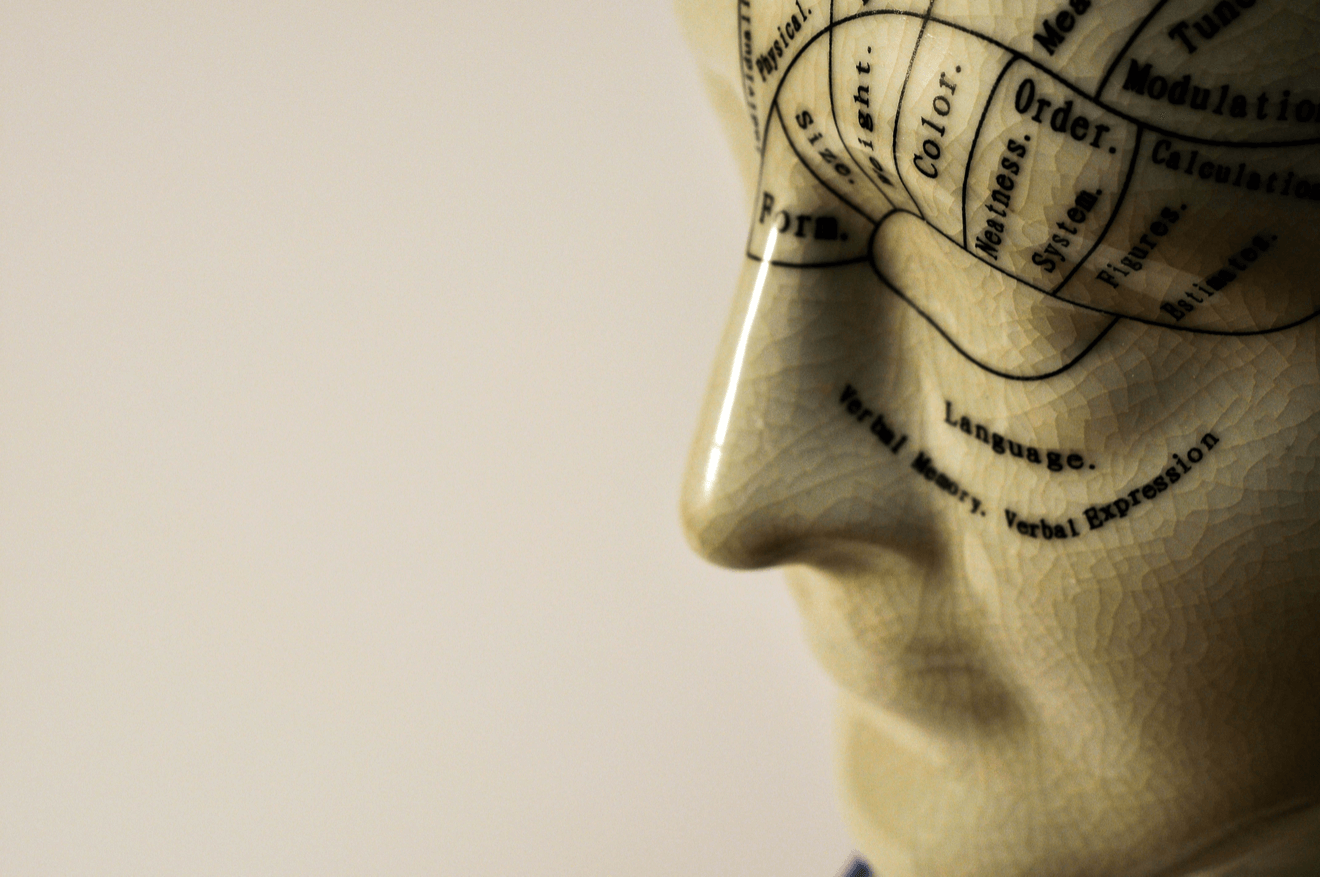No one ever expects to find themselves in the process of getting a divorce, but unfortunately this is an experience that many people may experience. It can be an isolating and painful experience and it’s important to have a strong support system during this sometimes disruptive and difficult transition.
Divorce’s Impact on Mental Health
Many people experience distress during major life transitions.Whether it’s a new job or moving to another state, changes are tough to cope with. Most often our mental health suffers temporarily in the wake of these types of changes, as we adjust to our new circumstances. Somewhat surprisingly, this picture might look slightly different for folks experiencing divorce.
Studies have shown us that those going through a divorce, report higher levels of negative emotions than those who don’t (which makes sense). What’s interesting is that these negative symptoms don’t only occur after the divorce happens, these negative mental health effects are also felt prior to divorce. This exists in contrast with those who lost spouses due to death. This suggests that divorce in and of itself, not just the loss of a spouse, is particularly challenging to one’s mental health. This is most likely due to the negative factors that lead to the divorce and the often toxic environment preceding the decision to divorce.
The impact on children can be devastating as well. Longitudinal research has found that those who experience a parent’s divorce as children tend to score higher on depression inventories and other scales to measure psychological adjustment. Children of divorce also tend to report more disruptions in employment, education, and interpersonal relationships. However, it’s important to recognize that each household is different. Staying married “for the children” might not be any better than the effects of a divorce, if they’re growing up in an unhappy, hostile environment. The impact of dealing with divorce can be profound for many, but getting help during a divorce can help mitigate its negative effects.
Marriage Counseling Online
Strengthen your marriage with the help of an experienced, licensed marriage counselor, from home and at your convenience.
Ways to Seek Help During a Divorce
Social support
The depth of connection in an intimate romantic relationship can sometimes make you feel like you’re in a lovely, warm cocoon. When it’s good, that cocoon means that you feel strong and that you can lean on one another in an “us against the world” kind of way. But, when things turn sour, and you begin talking about divorce, that cocoon can turn into a dark pit of pain and isolation.
Breakups are hard, and divorces can be even more challenging due to the social and legal intertwining that comes with marriage. When talk of separation or divorce begins, it can feel very isolating. Many people feel as if they’re going through this experience completely alone. For most, relying on the emotional support of their partner during this time just doesn’t feel right. For others, a divorce may be amicable and the partners are able to support one another fine.
If you’re in the process of divorce, social support can be a beacon of hope. As uncomfortable as it might be, reaching out to trusted friends can be tremendously helpful to combat the negative emotions that might come from the process of divorce. Confiding in people who love and care about you can be incredibly healing and provide you the much-needed strength to sustain the divorce process, which on average takes around 11 months.
One thing to consider, however, is where you get that social support from. This may even be something that you discuss with your partner during your separation, especially if you share the same friend group. A divorce also impacts that group. People may naturally side with one partner over the other or generally feel uncomfortable engaging at all. With that in mind, it might be helpful to be very mindful about who you speak with and what you share.
Couples therapy
Couples therapy is an often misunderstood space. As a therapist, I’ve heard, more times than I can count, that if you need couples therapy then it’s already too late. This isn’t true. Couples therapy is a great tool for couples, whether they are just considering divorce or already in the process of dissolving a marriage or relationship.
Couples therapy can be a place to address concerns about the relationship, all with the hopes of working through these concerns and identifying skills to help the relationship work for both partners.Sometimes couples therapy illuminates long-standing incompatibilities upon which both parties conclude that they can’t meet in the middle. Couples therapy creates the space for honest conversation and assessment, with a neutral third party to guide you no matter what next steps you decide to take.
Couples therapy can also be beneficial for couples who have already decided to separate or divorce, especially if children or other dependents and family members are involved. If there is a lot of vitriol between partners, it can be hard to have helpful conversations about lingering issues related to kids, relatives, and pets. While these conversations can be had with the aid of a lawyer, some people also find it helpful to have these conversations mediated by a licensed mental health provider to help create a plan of transition for the relationship that minimizes collateral damage. This can help the process of divorce move with more ease, relatively, and, given the circumstances, any little bit of relief can feel like tremendous progress.
Individual therapy
As mentioned, when you’re separating you need as much support as you can get. While you might feel fine, it’s a major life change and we often need more support when we’re in periods of transition.
Some people don’t feel comfortable sharing their feelings openly with friends or family during their divorce, for various reasons. Perhaps you don’t want to force people to “take sides” or maybe you’re concerned about reigniting latent resentment and frustration in your family or friend group geared towards your partner. All of that energy can be a lot to deal with.
In that case, individual therapy can be a great tool for ongoing, objective support during a divorce. Therapy can provide a safe, nonjudgmental space to explore your concerns, misgivings and mistakes. It can be a place to vent and emote where you don’t have to worry about reciprocating care for the other person’s feelings. Therapy can provide the space to also learn and work through feelings of guilt, shame, and depression.
Support groups, on and offline, can provide the space for connecting with others during a divorce as well.
Divorce is an incredibly difficult life transition, especially when negative emotions like blame and guilt are running high. No matter what you decide, know that there are options to manage the process and your own feelings during this period of transition.
Talkspace articles are written by experienced mental health-wellness contributors; they are grounded in scientific research and evidence-based practices. Articles are extensively reviewed by our team of clinical experts (therapists and psychiatrists of various specialties) to ensure content is accurate and on par with current industry standards.
Our goal at Talkspace is to provide the most up-to-date, valuable, and objective information on mental health-related topics in order to help readers make informed decisions.
Articles contain trusted third-party sources that are either directly linked to in the text or listed at the bottom to take readers directly to the source.




